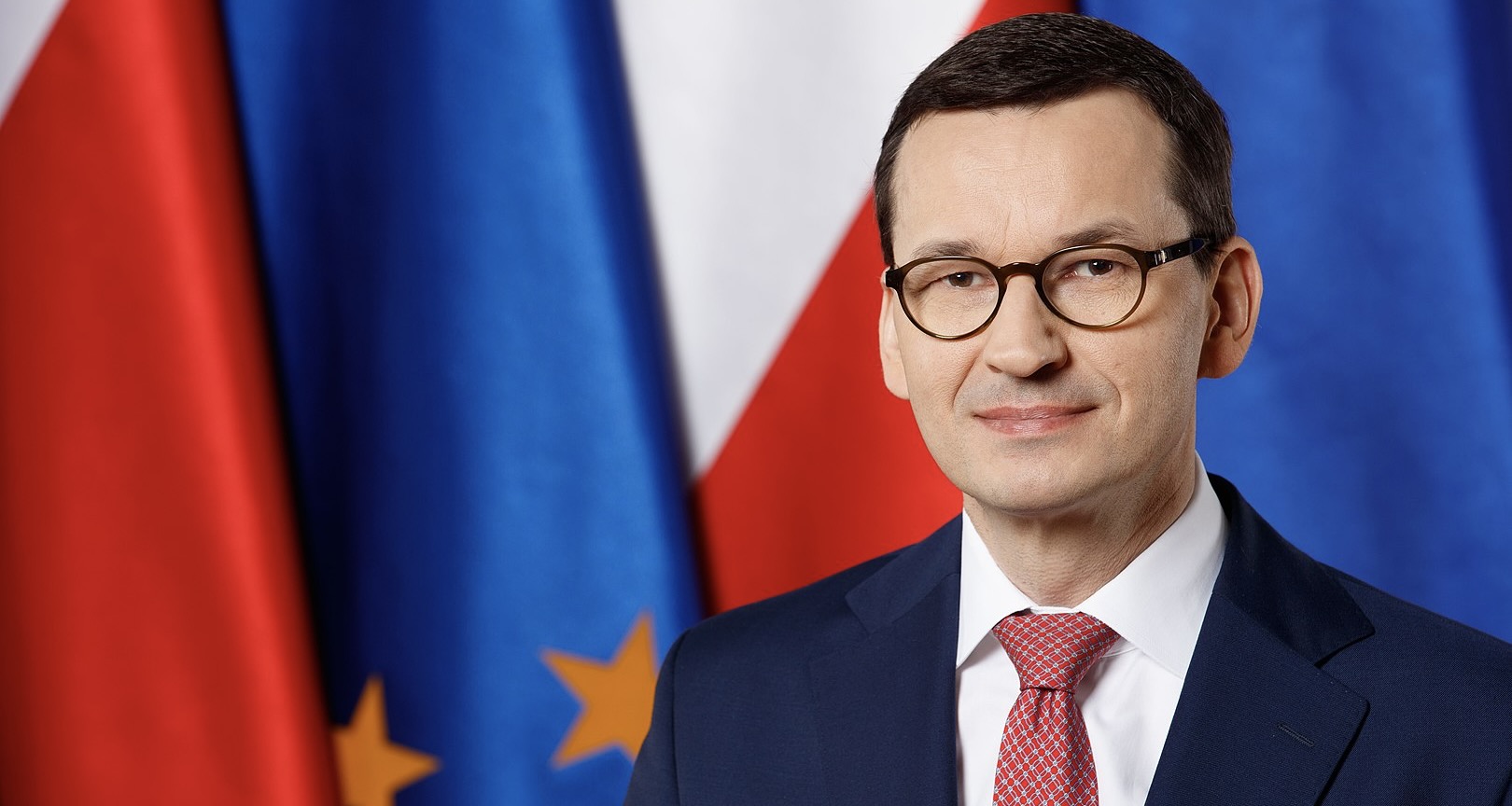Polish PM accuses EU of ‘blackmail’ in fight over country’s laws
Poland has said it is being attacked by the EU, who it's clashed with over LGBTQ issues.

Words: Alastair James; pictures: Wiki
The Polish Prime Minister Mateusz Morawiecki has clashed with the EU over the country’s laws, saying they won’t be blackmailed.
In a heated debate in the European Commission on Tuesday (19 October) Morawiecki and the Commission’s chief, Ursula von der Leyen argued over which laws took precedence.
It comes as a court in Poland rejected key parts of EU law, which all EU members sign up to when they enter the Union.
“This ruling calls into question the foundations of the European Union”
It’s the first time an EU country has challenged the Union’s laws, which take precedence over a nation’s laws.
According to the BBC, von der Leyen said on Tuesday: “This ruling calls into question the foundations of the European Union. It is a direct challenge to the unity of the European legal order.”
The ruling, she said, could see three courses of action: a legal challenge, withholding EU funds, and suspending the country’s rights as an EU member.
In his speech, Morawiecki said Poland was being “attacked” and that “blackmail must not be a method of policy”.
He also said the ruling from 7 October has been misunderstood and that EU laws shouldn’t tread on the toes of a country’s laws.
Tensions between Poland and the EU have been strained for some time over the former’s anti-LGBTQ policies and stance. In 2019 several regions declared themselves “LGBT-free zones”.
After realising their homophobia had a financial impact, recently, we’ve seen some regions reject that declaration due to the threat of losing EU funding. The EU had condemned the declarations at the time.
Same-sex sex has beebn legal in Poland since 1932, but it remains a very religious and conservative country. Same-sex relationships aren’t legally recognised and same-sex couples are banned from adopting children.
The Attitude Awards issue is out now.
Subscribe in print and get your first three issues for just £1 each, or digitally for just over £1.50 per issue.

